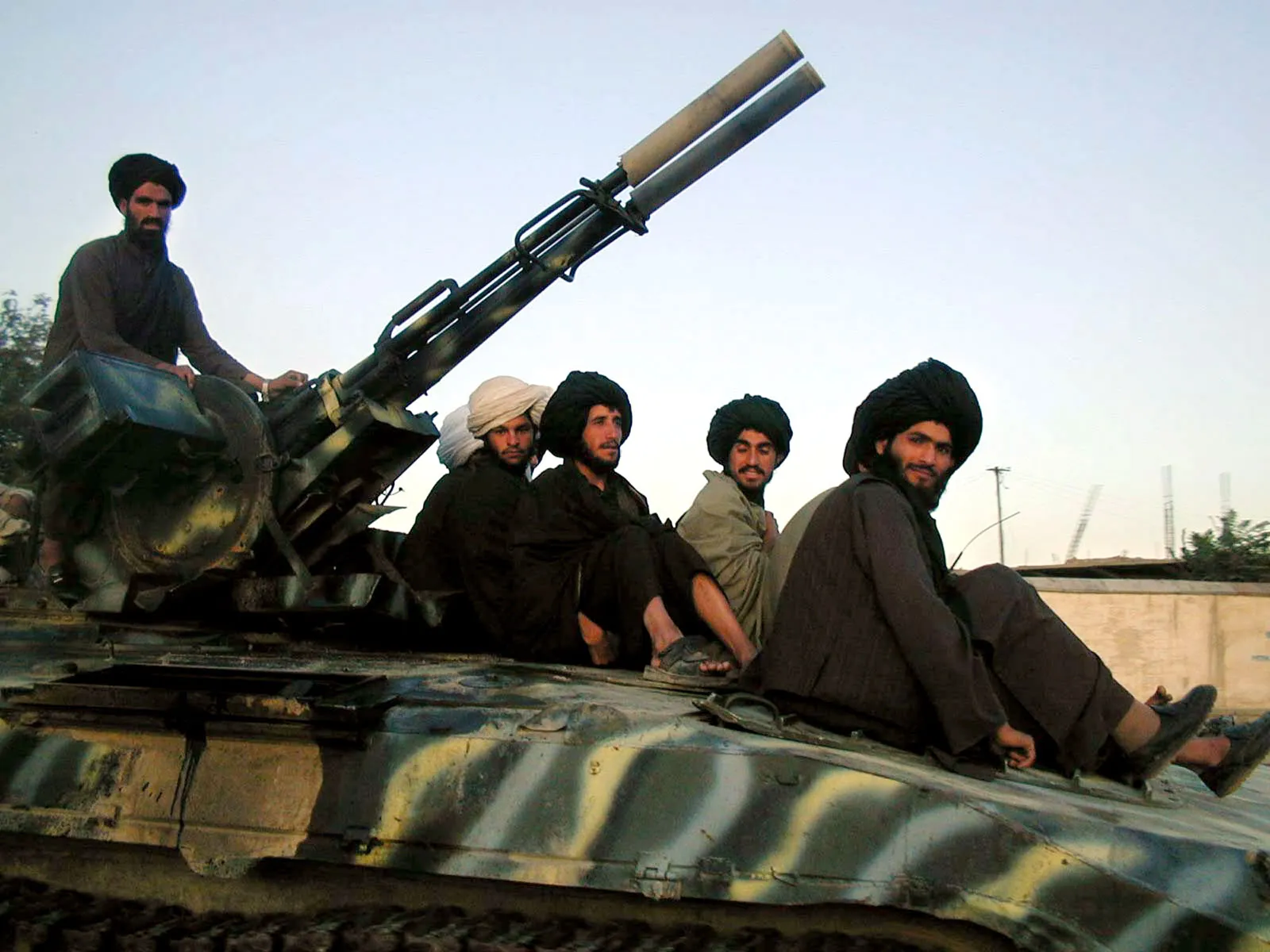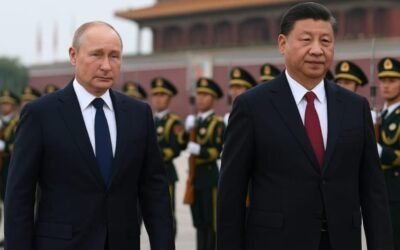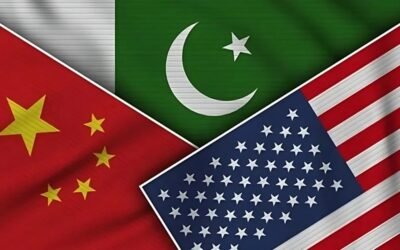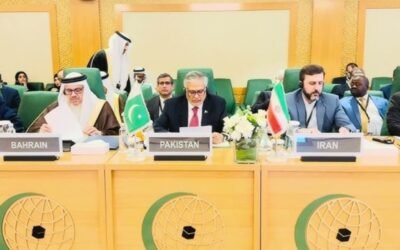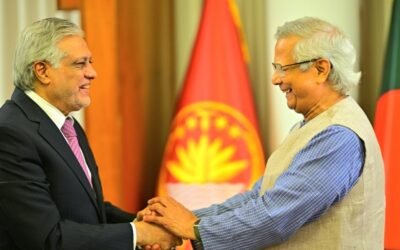Initially, when the Afghan Taliban regained power in 2021, the leaders of Pakistan hoped that this would ensure the stability of the western frontier of the country. Islamabad had always considered a cordial Kabul to be vital to its security, going so far as to recognize the original regime of the Taliban and even providing military advisers during the 1990s. Practically, the strategy adopted by Pakistan was motivated by what was known as strategic depth, i.e., a pro-Pakistan government in Kabul would contain India’s influence and ensure the security of Pashtun frontier territories. Following 9/11, Islamabad turned to participate in the U.S.-led war on terror, yet even then, tens of thousands of Taliban warriors and refugees were streaming into the tribal borderlands of Pakistan.
Taliban 2.0 and Emerging Security Challenges
Pakistan’s assumption radically changed under Taliban 2.0. The Taliban rule in Afghanistan has instead been accompanied by a significant rise in militancy. Expectations of stability in Islamabad, as former Pakistani representative Maleeha Lodhi explains, turned out to be a strategic miscalculation. Fitna-al-Khawarij (FAK) militants (the same ideological associates as the Afghan Taliban) have reorganized in Afghan provinces and increased cross-border attacks. According to official statistics, cases of militancy increased by 27 percent in 2022 (approximately 512 attacks), and over 1,500 fatalities and injuries in 2023. FAK from the Afghan sanctuaries has claimed the majority of these attacks. Islamabad lays the blame for its increasing casualties on the FAK’s ties with the Taliban leadership, with a warning that Kabul’s adverse hosting of militants may make Islamabad take action under international law to defend itself.
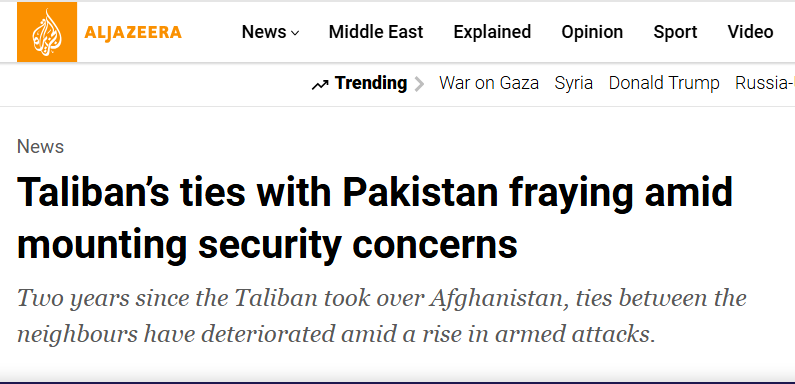
Source: Al-Jazeera
Pakistan has responded by strengthening its border control and counterterrorism strategy. Over the last four years, it has fenced off almost 90 per cent of the 2,600km Durand Line using a security fence, despite Kabul’s objections. (Taliban even briefly occupied Pakistani barbed wire and blocked new fencing works in late 2021.) Islamabad considers the fence necessary to check and prevent the crossing of militants. At the same time, Pakistan has executed intelligence-based raids on TTP sanctuaries across the border. In December 2024, following a TTP ambush that killed 16 Pakistani soldiers, fighter jets bombed sanctuaries inside Afghanistan’s Paktika province, prompting outraged Taliban complaints that Pakistani planes had violated Afghan sovereignty. At home, the security forces have undertaken an energetic offensive against homegrown terrorist networks, facilitated by improved Border surveillance.
In a complementary move to military actions, Pakistan has integrated pressure with diplomacy. Islamabad secretly blocked Afghan transit trading, border posts, and even deported many undocumented Afghan refugees (about 80,000 in early 2025). By mid-2024, when tensions threatened to escalate, Pakistan dispatched a special envoy, Mohammad Sadiq, to Kabul, aiming to defuse tensions. Since then, bilateral negotiations have resumed, focusing on security arrangements and trade.
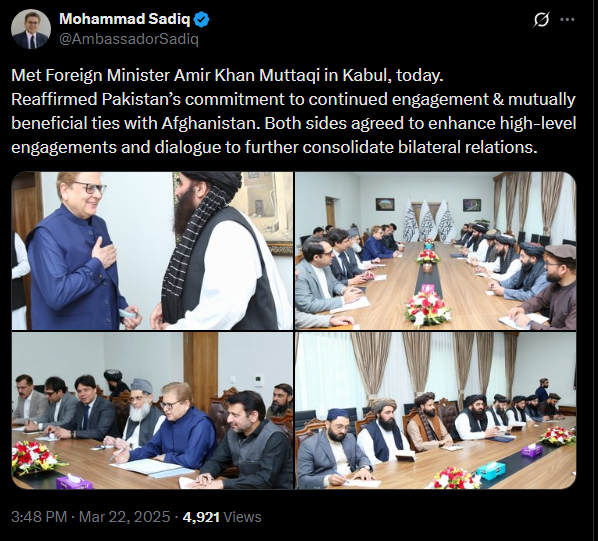
Source: X/@ambassadorsadiq
In April 2025, a short visit by Foreign Minister Ishaq Dar again highlighted that security and border management needed to be addressed to release increased trade and connectivity. It seems that both parties are eager to prevent any collapse. In May 2023, Islamabad and Kabul agreed to increase trade and reduce tensions along the frontier. Army Chief Gen. Asim Munir and the Taliban leadership discussed formal security arrangements and coordinated steps against terrorism, noting that control of the militants needs bilateral efforts.
Diplomatic Engagements and Future Outlook
At the diplomatic level, Pakistan has slowly re-established contacts with the Taliban government. It accommodates Afghan charges d’affaires and, as of 2021, is promoting its envoy to a full-fledged ambassador. Ishaq Dar praised this development as a positive turn in Pakistan-Afghanistan relations after the recent discussions. Pakistan has already participated with China and Kabul in trilateral forums, and pushed Kabul to reform and cooperate. The statements between the countries today emphasize economic coordination, growth in transit trade, and the mutual fight against terrorism.
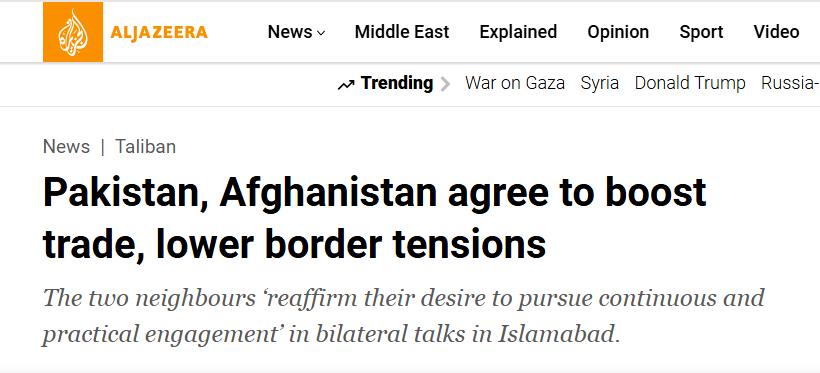
Source: Al-Jazeera
Going forward, Pakistan will maintain a balanced approach between security and pragmatism. The response of Taliban 2.0 to Islamabad’s main demands, such as controlling anti-Pakistan militants, will be critical to future relations. Pakistan continues to see Afghanistan as an economic gateway: analysts observe that a stable Afghan state would give Islamabad a geo-economic advantage by providing a gateway to the Central Asian region to boost Pakistani exports. Overall, Islamabad no longer operates on unconditional alignment as it did in the nineties, but is instead taking a cautious approach. It switches between stricter border security and high-level dialogue and trade initiatives, all aiming to create a peaceful, cooperative Afghanistan. Whether Taliban 2.0 will turn its soil into an asset or a threat will shape Pakistan’s future in terms of defense and foreign policy.

